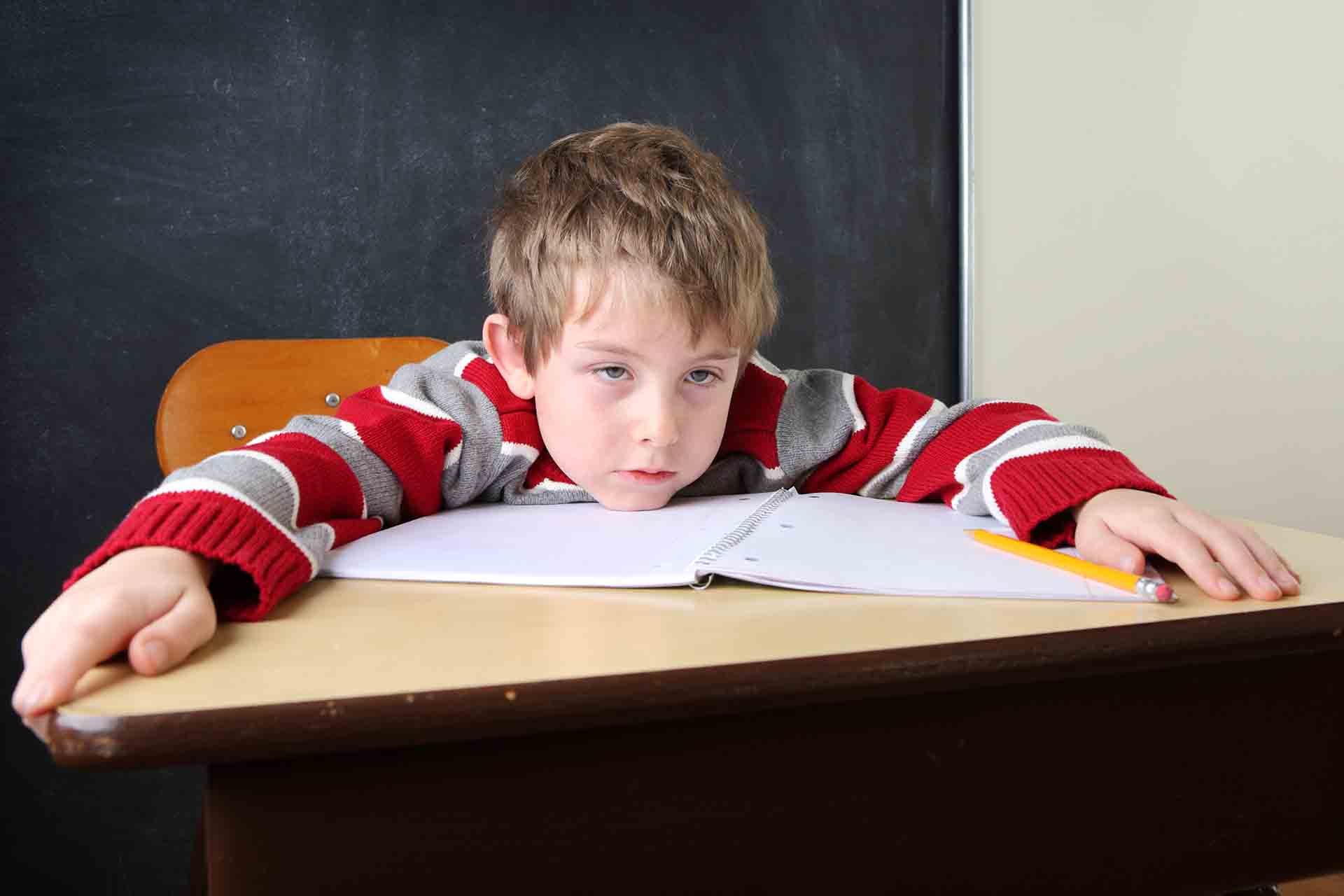Attention Deficit Disorder (ADD) – إضطراب نقص الانتباه – is a neurological condition in which the person faces difficulty maintaining attention over a period of time. Two sub-categories exist: Attention Deficit with Hyperactivity (ADHD), and Attention-Deficit without Hyperactivity (ADD). The signs include difficulty in sustaining focus, impulsivity and lack of persistence. In addition to these, ADHD includes excessive motor activity.
When a child has difficulties in planning, organizing and concentrating, he can be easily irritated, or may have low self control if the parents doesn’t help him overcome his problem.
Helping children and teenagers with ADHD is a must. This disorder can cause academic , work and social related challenges.
A child with ADHD has a lack of inhibition that can lead him to fidgets with or taps hands or feet in seat, leaves seat in situations when remaining seated is expected. The child is often unable to play or take part in leisure activity quietly, talks excessively, has trouble waiting his or her turn, interrupts or intrudes on others and has difficulties to restrain his emotions or to master his thoughts.
This impulsive, uncooperative or aggressive behavior can be accompanied by learning or language disabilities, sleep difficulties, mood or anxiety disorders.
- Consult a health professional specialized in learning difficulties if you notice that your child has difficulties in one or more areas of his life.
- Give your child a transition period or some breaks to prepare for the activity to be performed. For example, sitting a few minutes, releasing muscle tension, taking a few deep breaths help the child better perform the task.
- Television, video games, and other, increase the impulsive behaviors. By decreasing time with electronics and increasing time doing physical activities outside the home, your child will burns excess energy in healthy ways
ADD can interfere with most all aspects of school success such as experiencing difficulties with long term assignments, finishing schoolwork, holding attention on tasks or play activities. A child with ADD have difficulties in the selective attention, sustained attention, and divided attention. He will often fail to give close attention to details, has trouble holding attention on tasks, does not seem to listen when spoken directly (daydreaming), often loses things necessary for tasks and activities, is often distracted, requires a lot of adults prompts and refocusing to complete tasks, and get bored easily.
Removing external stimuli capable of distracting the child, asking him to repeat or rephrase what you asked him (or her) to do and breaking down tasks into smaller steps that you want to get done, helps him be more attentive.
CogMed is a computer-based working memory and attention training program that implements an evidence-based application for children, adolescents and adults. It helps them sustainably improve attention by training their working memory.
This program is available at TBC in Dubai, among other methods.
At TBC, our Lebanese Therapists in Dubai provide therapy sessions in Arabic, French, and English to help clients overcome mental health challenges such as anxiety, depression, and trauma, as well as occupational therapy, psychomotor and speech therapy.
Related Articles

How to Improve Sleep Quality?
How to Improve Sleep Quality? [especially if you have ADHD] Getting good quality sleep is crucial for overall well-being, and it becomes even more important

15 Tips To Improve Attention Span In Children
15 Tips To Improve Attention Span In Children Organise the child’s room, table or desk to minimize environmental distractions. Practice breaks – Make sure the

